Chess is a game of strategy. It requires a player to make a series of decisions that are influenced by their opponent’s possible moves. Kids who play chess learn to plan ahead and assess their options, improve concentration and enhance their visual memory. Tactics used in chess develops logic and critical thinking skills.
Playing Chess Helps Students Achieve High Scores
Studies have shown that playing chess enhances academic performance. The cognitive processes of chess are similar to those used during reading and math.
- Elementary students who played chess improved their reading scores (Stuart Margulies, Ph.D., an educational psychologist)
- Fifth grade students who played chess achieved an average of 4 points higher in reading and 6 points higher on state math tests (James M. Liptrap)
- Junior high school students who played chess achieved higher scores in critical and creative thinking (Robert Ferguson, executive director of the American Chess School)
This post may contain affiliate links. Please read our Disclosure for more information.
A Young Chess Champion
Oliver Boydell, born in New York City to a Vietnamese mother and an English father, developed a passion for chess at the age of five. He competes at New York City, New York State, and National Scholastic Chess Championships and endeavors to become a chess Grandmaster. His book, He’s Got Moves: 25 Legendary Chess Games as Analyzed by a Smart Kid, was released when he was ten years old. At that age, he is the youngest published author of an instructional chess book. Both the New York Times and the New York Post profiled Oliver’s achievements, and Good Morning America featured him in an epic chess match against George Stephanopoulos.
Our Favorite Chess Boards
Chess Tournaments – A General Overview
Tournaments are divided into sections based on age, grade, rating, or a combination these factors. When entering a tournament, the player must select a section. Accordingly, players will only play against opponents in the selected section. In general, prizes are typically awarded for each section.
How to Select a Section for a Chess Tournament
If a player has never before played in a USCF-rated tournament, select a novice section. If there are multiple novice sections, for example Novice Under 800 and Novice Under 450, the “Under 450” refers to the player’s rating. The Novice Under 450 would be a good section for a player’s first tournament, especially for young students. Scholastic players whose rating is less than 800 would be eligible to enter the Novice Under 800, regardless of age or school grade.
Chess Tournament Format
After general announcements, tournament staff post pairings for the first round. The pairing list includes each player’s name, chess piece color, and board number. Players will proceed to their board. Spectators, including parents and coaches, are typically not allowed to remain in the play area once the tournament commences. After the game concludes, players report their results to staff. Chess tournaments are not single elimination so all players await the next round.
Membership Requirements
USCF-rated tournaments require players to be an active member of the US Chess Federation, the governing body for chess in the US. They may also be required to be a member with their state affiliate.
Recommended Reading
Chess For Kids: Learn to Play Chess in a Fun and Simple Way
Chess For Kids is a great introduction to the game. Its step-by-step instructions and challenges use simple to understand illustrations that reinforce game tactics. In addition, solutions to activities are included in the book.
Reviewers state detailed pictures and simplified instruction makes it easy for kids to understand. Moreover, the book uses a building block approach, helping kids develop a strong foundation and then build upon their knowledge.
The Art of Learning: An Inner Journey to Optimal Performance
Josh Waitzkin won the National Chess Championship at the age of nine. He was thrust into the national spotlight after release of the movie Searching for Bobby Fischer and dominated the scholastic chess world for a decade.
Josh then learned and won a World Champion title in Tai Chi Chuan. In The Art of Learning, he explains how his approach to learning led to mastering performance psychology and achieving the highest levels of success in both chess and martial arts.
Winning Chess Puzzles for Kids
This book introduces basic chess tactics through illustrations and worksheets designed for children aged 7 – 13. Kids learn positions, how to cover mates, and fundamental tactics such as forks, pins, and discovered checks. This book is a great complement to Winning Chess Strategy and Winning Chess Exercises.
Reviews are generally positive. They state the puzzles and exercises are numerous and varied, which helps kids develop fundamental tactics and game strategy.
Additional Resources
- Use Motherly Life’s free directories to find a chess class or summer chess camp
- Online chess games and lessons
- US Chess Federation, the official governing body for chess players and supporters in the United States
- Perpetual Chess Podcast focuses on interviews with players, educators, authors and book promoters
- The Chess Journal provides tutorials for beginners and is loaded with information about the game
- Chessable offers science-backed online learning courses aimed at making chess fun and efficient
- A quick start guide to learn how to set up the board, move the pieces, check and get out of check, and scoring
- Story Time Chess, a storybook-based game that teaches children as young as 3 how to play chess
- Proficient players can enjoy detailed video analysis of select chess games played by Grandmasters and world champions
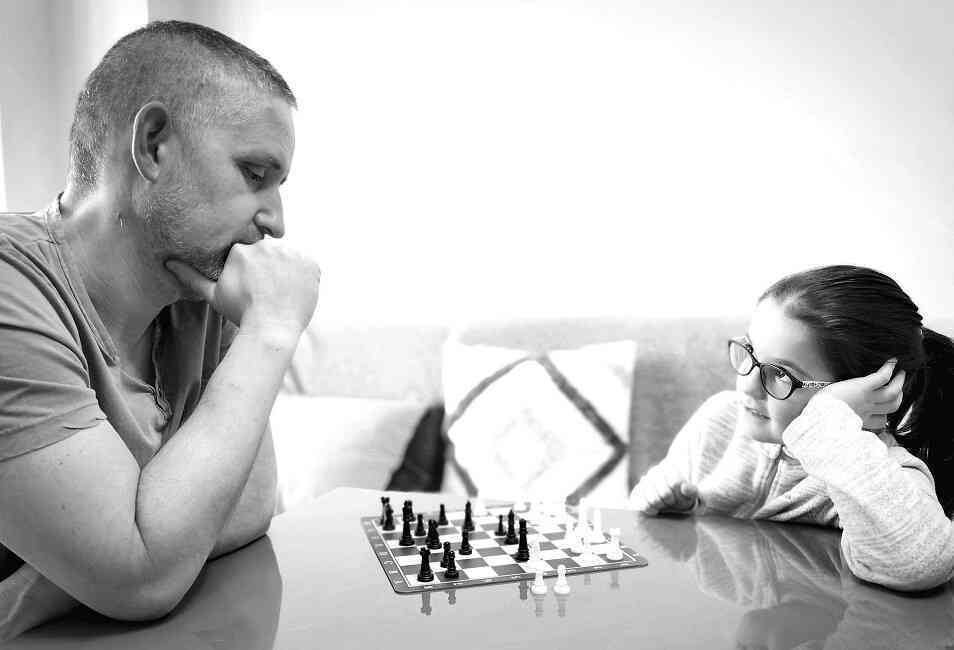
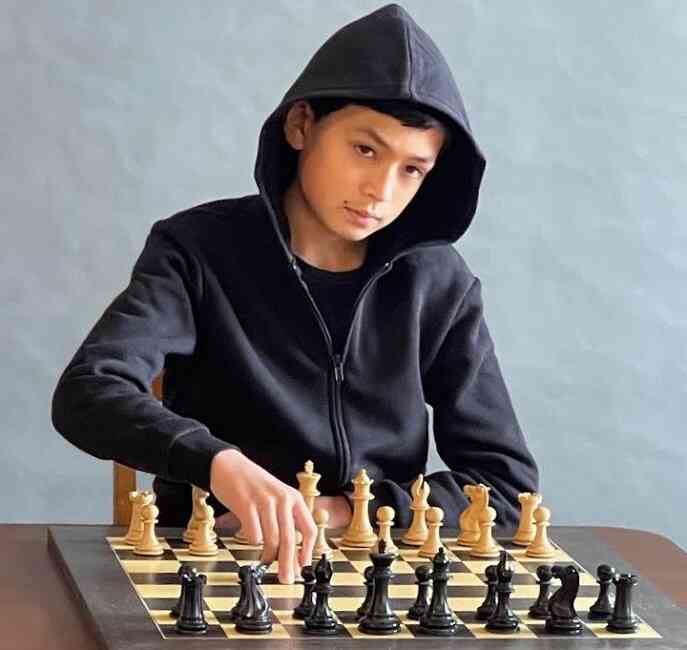









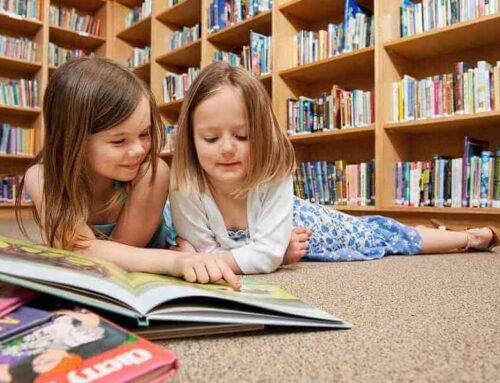
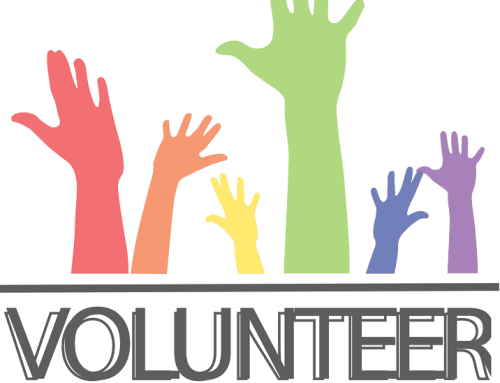
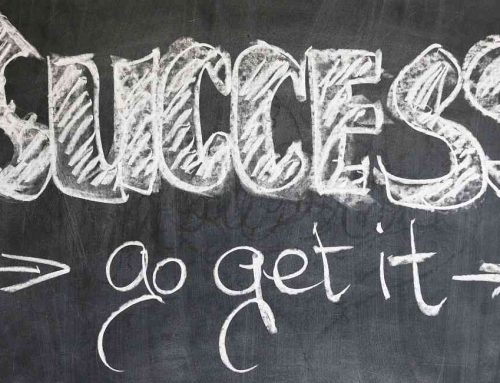
Leave A Comment